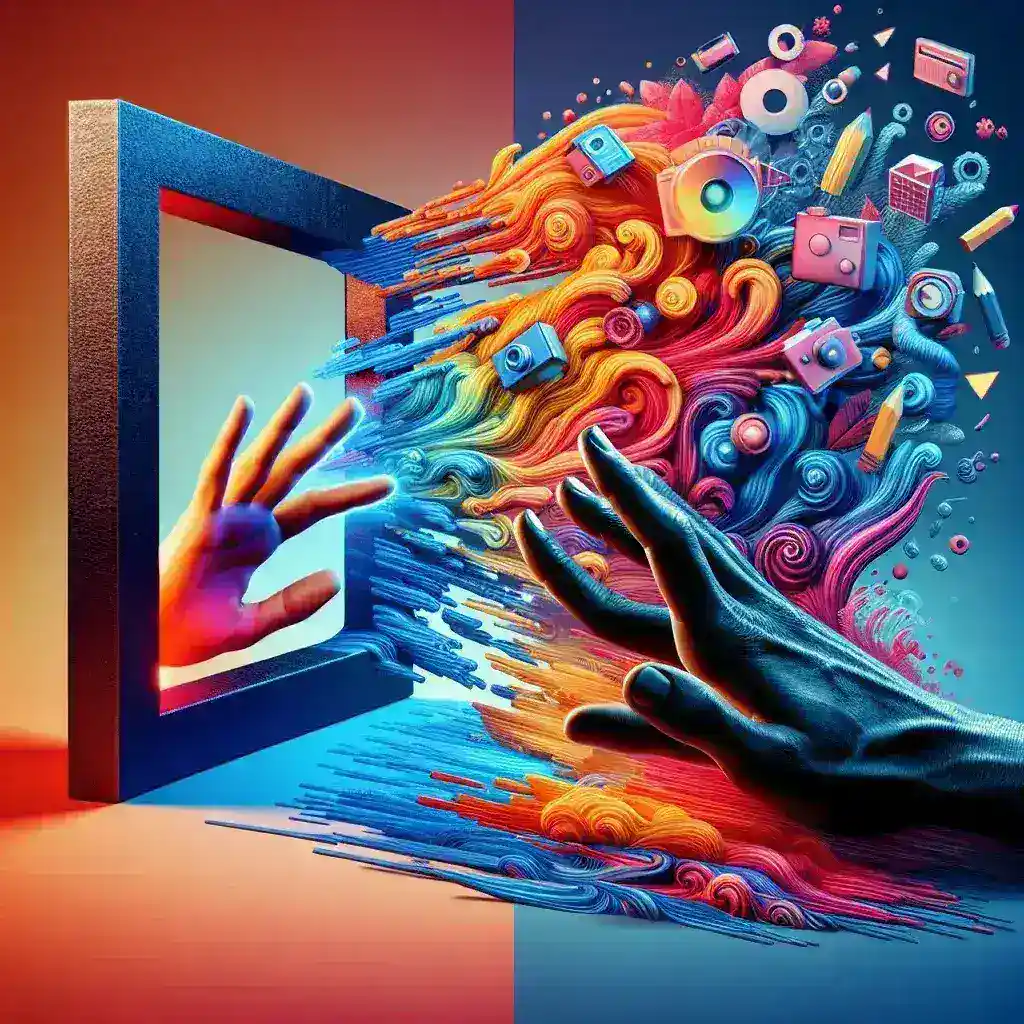Introduction
In the digital age, content creation has evolved dramatically, shifting from static images to dynamic video generation. This transition is particularly evident among image model users who are recognizing the potential of video as a medium of expression, marketing, and storytelling. This article delves into the reasons behind this shift, examining the benefits, technological advancements, and future implications of video generation in the realm of image modeling.
The Rise of Video Content
Video content has surged in popularity in recent years, becoming one of the most engaging forms of media across various platforms. According to recent statistics, video content is expected to account for 82% of all consumer internet traffic by 2022. This trend is not merely a fleeting phase; it reflects a fundamental change in how audiences consume information and entertainment.
Visual Engagement
One of the primary reasons image model users are turning to video is the enhanced visual engagement that video offers. Video captures movement and emotion, allowing for a richer storytelling experience. Unlike static images, videos can convey messages through a combination of visuals, sound, and narrative, creating a more immersive experience for viewers.
Expanded Creative Possibilities
Video generation opens up a plethora of creative opportunities. For image model users, this means the ability to showcase their work in new and innovative ways. Whether it’s through behind-the-scenes footage, tutorials, or animated presentations, videos allow creators to explore different styles and formats that static images simply cannot provide.
Technological Advancements Driving Video Adoption
The rapid evolution of technology has played a significant role in the increasing popularity of video content. From advanced smartphones equipped with high-quality cameras to sophisticated video editing software, the barriers to video production are lower than ever before.
Accessibility of Video Creation Tools
Today, numerous user-friendly video editing tools and platforms enable creators to produce high-quality videos without extensive technical knowledge. Platforms such as Adobe Premiere Pro, Final Cut Pro, and even mobile applications like InShot and TikTok offer robust features that simplify the video creation process.
Social Media Influence
Social media platforms have further accelerated the shift towards video content. Sites like Instagram, TikTok, and YouTube prioritize video, offering algorithms that favor video engagement. As image model users seek visibility and interaction, they are increasingly adapting their strategies to include more video content.
Benefits of Video Generation for Image Model Users
As image model users transition to video generation, several key benefits emerge:
- Increased Engagement: Videos tend to generate more engagement than images, with viewers spending more time interacting with video content.
- Enhanced Brand Storytelling: Videos allow for deeper storytelling, helping brands connect emotionally with their audience.
- Improved SEO Performance: Video content can boost search engine rankings, as search engines increasingly prioritize video in their results.
- Diverse Monetization Opportunities: Platforms that support video often provide multiple avenues for monetization, including ads, sponsorships, and merchandise.
Challenges of Transitioning to Video
Despite the numerous advantages, the transition to video generation is not without its challenges. Here are some common hurdles faced by image model users:
Time and Resource Investment
Creating high-quality videos often requires more time and resources than producing images. From scripting and storyboarding to filming and editing, the video production process can be time-consuming.
Technical Skills Requirement
While many tools are user-friendly, video editing still requires a certain level of technical skill. Image model users may need to invest time in learning these skills to create professional-looking content.
Future Predictions for Video Generation
As technology continues to advance, video generation is poised to become even more integral to the content creation landscape. Here are a few trends to watch for in the coming years:
Increased Adoption of AI in Video Production
Artificial intelligence is expected to play a larger role in video production, simplifying editing processes and enabling automatic video generation based on user inputs. This development could further democratize video creation, allowing more people to produce quality content.
Growth of Live Streaming
Live streaming is becoming increasingly popular, offering real-time engagement opportunities for image model users. This format allows creators to interact directly with their audience, fostering a sense of community and immediacy.
Integration of Virtual and Augmented Reality
As virtual and augmented reality technologies develop, they will likely create new opportunities for video generation. Image model users may explore immersive storytelling techniques that combine real and digital elements.
Conclusion
The shift from image modeling to video generation reflects broader trends in content consumption and technological advancement. For image model users, embracing video offers numerous benefits, including increased engagement, enhanced creative possibilities, and improved SEO performance. While challenges exist, the future of video generation looks promising, with advancements in technology paving the way for even more innovative content creation strategies. As we move forward, it’s clear that video will play an essential role in the evolving landscape of digital media.

